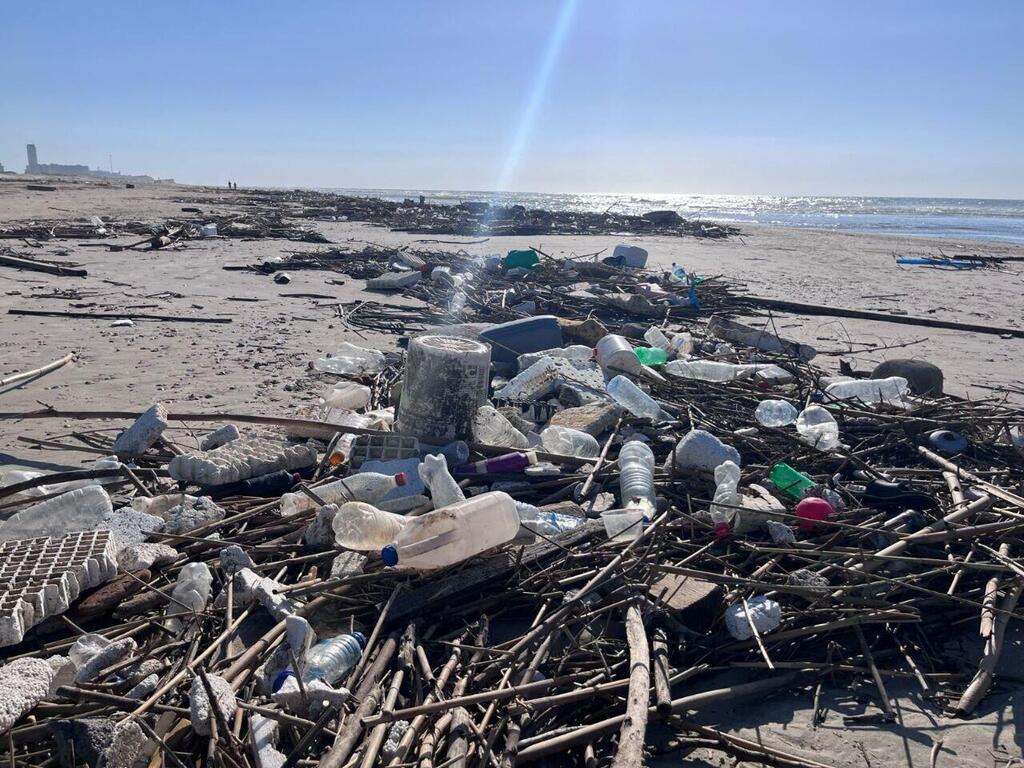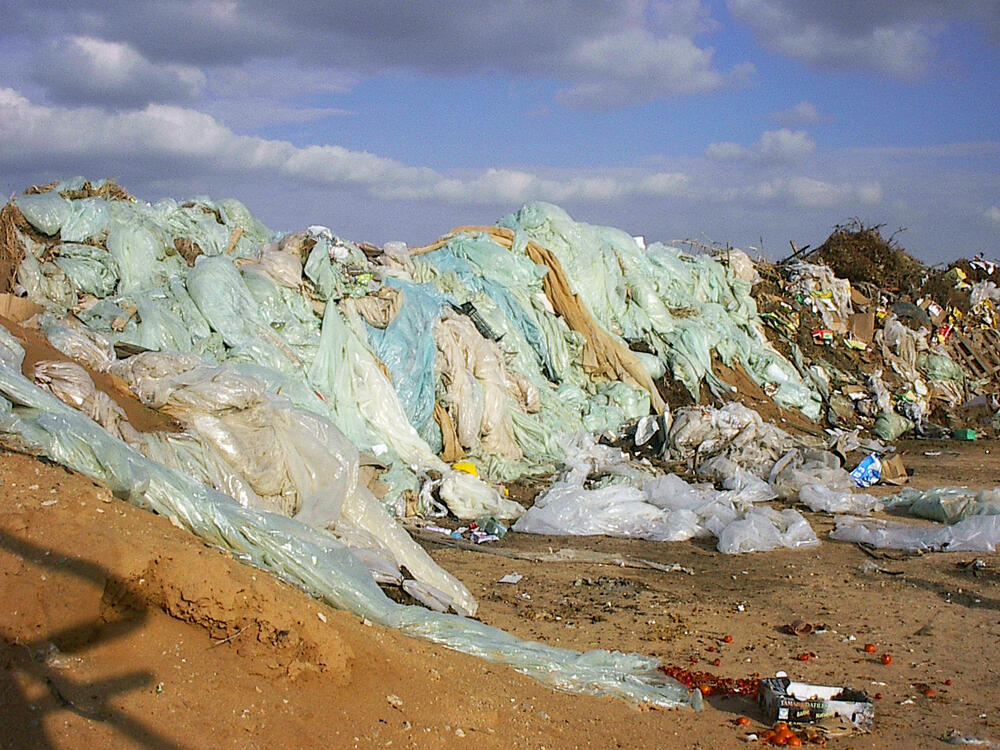Getting your Trinity Audio player ready...
Every year, millions of tons of plastic pollute our oceans, clog landfills and threaten wildlife. This International Environment Day (June 5) as we confront our overwhelming plastic crisis, it's time to explore innovative solutions.
One such solution, energy recovery from plastic waste, holds immense potential, especially for a small country like Israel with limited landfill space.
Traditionally, plastic waste has been managed through disposal in landfills or incineration. Landfills are overflowing, reaching capacity at an alarming rate. Incineration, while reducing landfill volume, releases harmful pollutants into the air.
Energy recovery offers a groundbreaking alternative. Here's how it works: Advanced waste-to-energy (WtE) plants utilize specialized technology to break down plastic waste through processes like pyrolysis, which involves heating organic material in the absence of oxygen. This process doesn't involve combustion, but rather a controlled conversion that generates valuable energy – electricity or heat.
This approach offers a multitude of benefits. Firstly, it diverts plastic waste from landfills, extending their lifespan and reducing the need for new ones. Secondly, it generates new energy, lessening our dependence on importing fossil fuels. Additionally, WtE plants often capture harmful emissions, minimizing environmental impact.
For a country like Israel, with limited land resources and a growing population, WtE presents a particularly compelling solution. Landfills are nearing capacity, and finding new disposal sites is becoming increasingly difficult. Energy recovery offers a way to manage plastic waste efficiently while simultaneously generating much-needed energy.
There are, of course, valid concerns surrounding WtE technology, such as improper implementation that can lead to emissions issues. However, advances in technology have significantly reduced these risks.
Modern WtE plants operate under stringent environmental regulations, ensuring minimal environmental impact. The key lies in adopting a responsible approach. Investing in cutting-edge WtE technology, coupled with robust environmental monitoring, can ensure this solution serves its purpose without compromising environmental safety.
International Environment Day reminds us of our collective responsibility to protect our planet. Embracing energy recovery from plastic waste represents a significant step towards a cleaner future. For Israel, a country with limited land and a commitment to sustainability, this innovative approach offers a win-win solution. We can turn plastic waste into a valuable resource, freeing up land, generating new energy, and safeguarding our environment for generations to come. Let's embrace this opportunity to turn trash into treasure, not just for International Environment Day, but for a healthier planet every day.
- The author is the CEO and director of Rotem Energy Mineral (REM), which promotes an energy recovery project in the Rotem Plain in southern Israel



